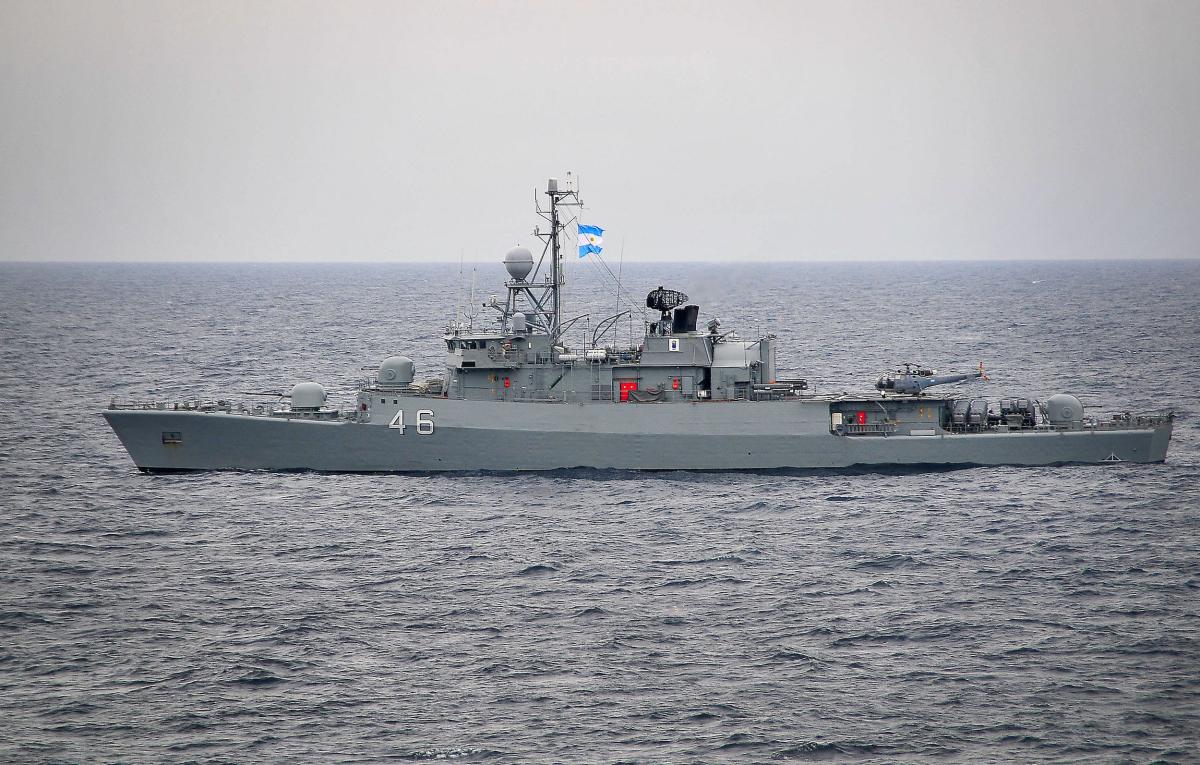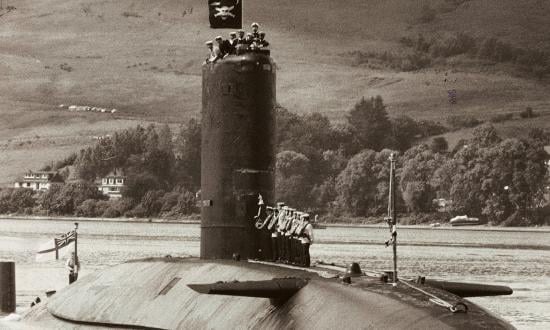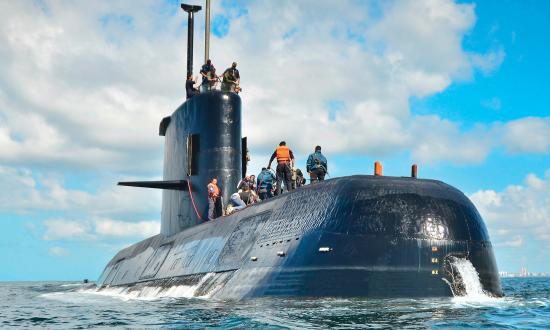As China continues to enlarge its political, economic, and military presence in the Southern Cone of South America, it is imperative for the United States to pay close attention to this region, especially Argentina. Since 2017, China has acquired a 50-year lease for a satellite tracking station in Las Lajas, Patagonia, which operates under minimal oversight. More recently, Argentina signed agreements with China for $23 billion worth of Belt and Road Initiative projects this past February. The United States faces multiple challenges with great power competition and war in Ukraine, in addition to an outdated United Kingdom post-Falklands War security policy. However, a joint security cooperation investment with the UK can help limit China’s growing sphere of influence in Argentina.
The Falklands War left a legacy beyond mere study of strategy, tactics, and long-distance logistics. Since 1982, the UK has substantially garrisoned the Falklands and placed an arms embargo on Argentina, which froze its military in the 1970s. This policy may have been appropriate during the Cold War, when a recessionary UK was forced to rely on the United States and the North Atlantic Treaty Organization (NATO) to defend its South Atlantic territories, but it is now limiting present-day military capabilities in the region. In addition to its 1982 defeat in the Falklands (Malvinas), civic discredit stemming from the 1976–82 Dirty War, combined with serial economic mismanagement after World War I, also contribute to the poor state of the Argentine military.
Argentina had a formidable military during the late 1970s, but the Falklands defeat led to massive underinvestment and a decrease in defense capabilities. The losses were amplified by the loss of the ARA San Juan submarine in 2017 and the air force’s lack of air superiority capability since the mid-2000s. The Argentine military tried to prove itself to the United States and UK by joining the international coalition during Operations Desert Shield and Desert Storm, sending four ships to enforce sanctions on Iraq in 1990. For its efforts, the United States designated Argentina as a major non-NATO Ally in 1998, followed by modernizing its obsolescent A-4 Skyhawks. However, the UK continues to resist other Argentine military modernization attempts. Hostility reached its peak in 2019 with the veto of Argentina’s purchase of FA-50 jets from South Korea because these aircraft have UK-manufactured Martin Baker ejection seats. This opposition also grounded Argentine Navy attack aviation because replacement Super Étendards acquired from France are similarly equipped. The UK’s resistance to Argentine military modernization and advancement pushed Argentina into the hands of China. Argentina engaged with China in 2021 to evaluate Sino-Pakistani JF-17 fighters. The JF-17s are affordable and of great value to Argentina, mainly because they are not subject to UK sanctions.
Argentina has more than 3,000 nautical miles of South Atlantic coastline. Since 2012, Argentina’s exclusive economic zone (EEZ) has been under pressure from illegal Chinese fishermen. Argentina has continued to take proactive measures sinking illegal Chinese fishing vessels since 2016, but participation in the Belt and Road initiative can result in Argentina granting illegal fishermen a pass in its EEZ. This can greatly impact its neighbors and promote the integration of this agricultural powerhouse into China’s economic orbit with attendant ramifications to regional governance and democracy.
With U.S. help and UK cooperation, there is hope for Argentina. The United States offered surplus Danish F-16A/Bs to Colombia and Argentina in 2020 and is negotiating with the UK to approve the sale. Selling 1980s vintage F-16 A/Bs with modest modernization will strengthen Argentina’s military capabilities. Oversight of this venture is jointly shared by the State Department, U.S. Southern Command, the Defense Security Cooperation Agency, and the Secretary of the Air Force/International Affairs. The U.S. relationship with Argentina can ensure a measure of renewed prominence and a future generation of well-trained Argentine military aviators. It is preferable to have Argentina’s military personnel influenced and educated by the United States instead of China, as happened in Pakistan following U.S. disengagement after the 1979–89 Soviet-Afghan War. While the Sino-Argentine Belt and Road Initiatives will probably continue, U.S.-Argentine military-to-military engagement can be preserved because of the required lifecycle and training support.
Argentina is one of many pieces to China’s plan for South America. China intends to develop a military base in Bata, Equatorial Guinea. Bata shares the same advantages Ascension did for the UK during the Falklands War. Closer Sino-Argentine cooperation will allow the People’s Liberation Army Navy (PLAN) to impose higher defense costs on the UK to defend the Falklands, potentially drawing its nascent carrier strike and submarine force away from supporting U.S., NATO, and Indo-Pacific operations. Hence, the United States should convince the UK that it is time to reconsider its arms embargo with Argentina. A minor investment in a perceived tertiary theater can go a long way in closing the goalmouth to China.






